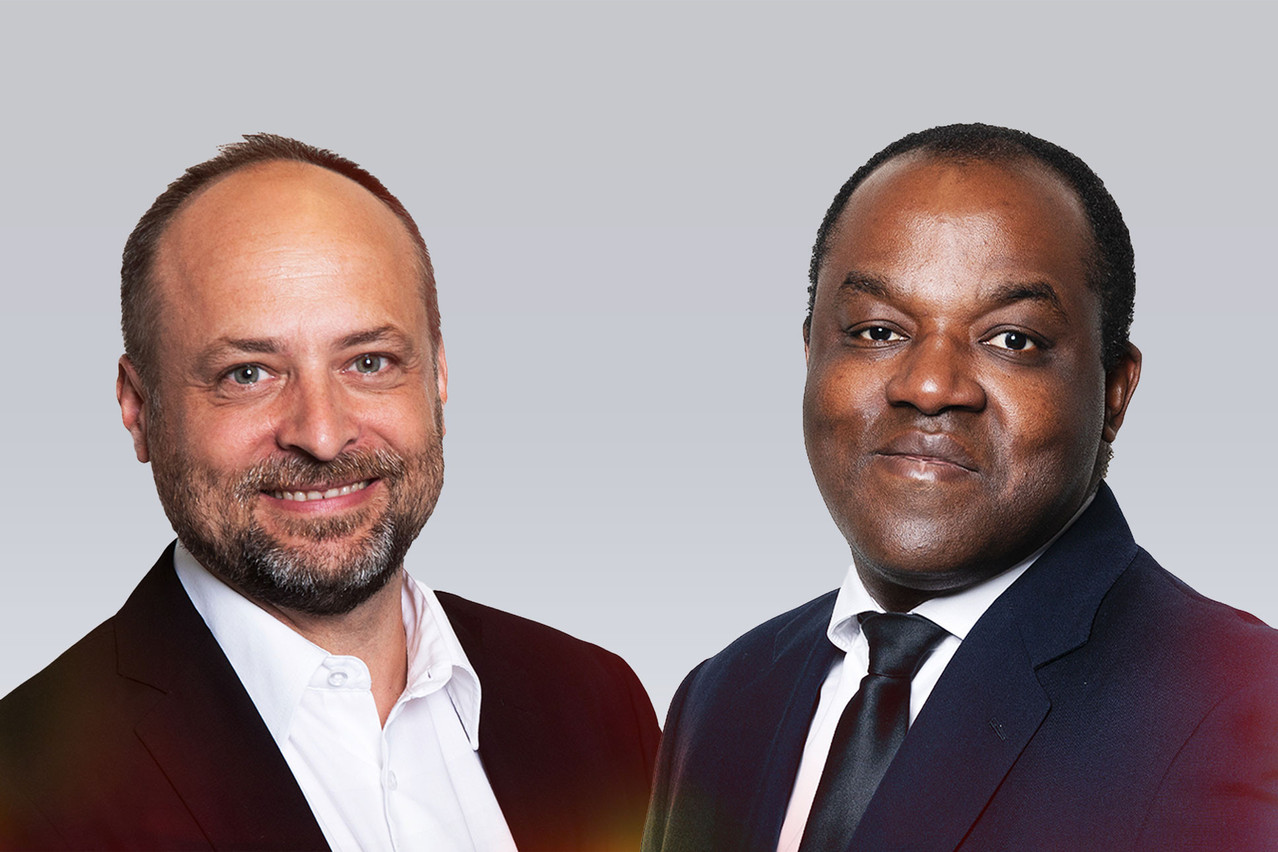How have firms experienced the acceleration of cloud adoption over the last year with Covid-19 and has it influenced their view on the cloud and its benefits?
Thibaut Henry & Edouard Bokuetenge. – “Many firms have encountered unprecedented challenges due to the sudden increase in online traffic and volume. The difficulties they faced trying to manage the increased capacity demand that accompanied the Covid-19 crisis (lack of infrastructure elasticity, new machine lead time, costs, etc.), plus issues relating to a remote workforce has led to greater awareness of the benefits of and need for the cloud. Openness to using cloud technologies has accelerated among users, although IT infrastructure aspects are still lagging behind. However, some firms have declared their objective to switch to an 80% cloud-based IT architecture by the end of 2021. Overall, the Covid-19 crisis has facilitated the transition to the cloud.
How will businesses benefit from the cloud, now and in the future?
“We see the cloud as an enabler of growth e.g. data driven and analytics-based services, increased business agility, ease of use (businesses can plug into industrialised services in the cloud, plus the latest innovations…), and ease of connectivity with new ecosystems (e.g. FinTech). This is already happening in Luxembourg. Some companies have been able to deliver existing solutions to their customers in a much more agile way than before using the cloud. Others are using the cloud to implement new products. For example, the cloud enables companies to share a product prototype with partners and adapt to the real needs of the market at speed. Thanks to the cloud, new offerings can be developed in the space of several months, including full integration of the value chain, whereas before, such projects would have taken more than one year to realise. The cloud really is associated with growth in the minds of businesses and adopters are convinced that they will be able to grow even more in the next three years thanks to this technology.
What false beliefs persist about the cloud and how can businesses address them?
“Some false beliefs still persist about the cloud, for example, the complexity of adoption, new security approaches, regulations (albeit less so in Luxembourg with CSSF’s solid framework for cloud adoption, well mastered by some businesses). But most of all, the biggest barrier we observe to cloud adoption is talent and culture. In the journey to the cloud, changing mindsets takes time. But like the arrival of the automobile, everyone will have to adapt to the technology. In terms of cloud security, there are thousands of security experts working for the leading platform providers like Google, Amazon and Microsoft. We should therefore see security as an opportunity rather than a threat. It’s a journey, yes, but with good risk management, and doing things in an organised way with agility, businesses can make new things happen.
To conclude?
“Early cloud adopters have a major competitive advantage. The fact that we are following the early adopters in Luxembourg makes the journey a bit easier. We can benefit from lessons learned and industrialisation techniques to adopt quickly and at a reasonable cost. We should see the cloud as a box of Lego® bricks that we can combine to build new applications or modernise current applications. However, the cloud is not really about technology; it’s more about changing the human aspect of the way we work: the processes, the engagement with our customers and employees, how we do business. That’s what the cloud promises: it is not a technology package, it’s a way of life. For now, the cloud is like the elephant in the room, but soon it will become more of a commodity, like electricity. And the question for every Financial Services leader should not be ‘if I move to the cloud’ but ‘when and how I will move to the cloud’.”
Watch the replay of the webinar here:
